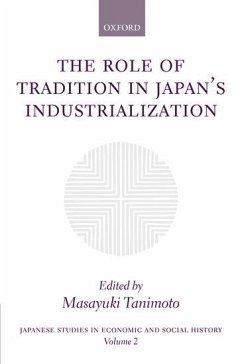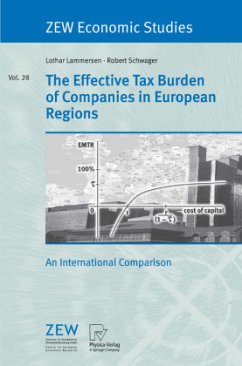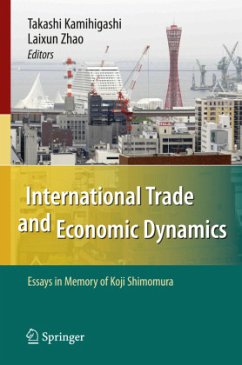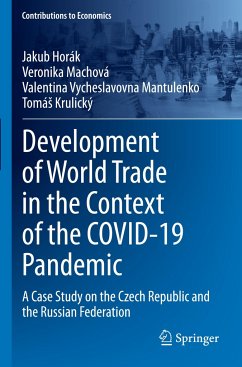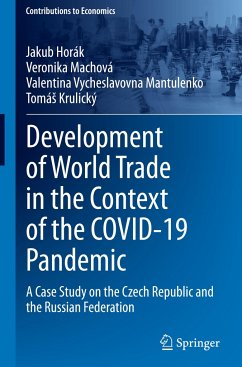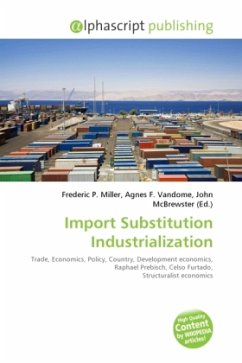
Import Substitution Industrialization
Versandkostenfrei!
Versandfertig in 6-10 Tagen
23,99 €
inkl. MwSt.

PAYBACK Punkte
12 °P sammeln!
Import substitution industrialization (also called ISI) is a trade and economic policy based on the premise that a country should attempt to reduce its foreign dependency through the local production of industrialized products. The term primarily refers to 20th century development economics policies, though it was advocated since the 18th century United States, and it has been argued by proponents that all successful industrialization, with the possible exception of the United Kingdom, has followed the ISI model. Adopted in many Latin American countries from the 1930s until the late 1980s, and...
Import substitution industrialization (also called ISI) is a trade and economic policy based on the premise that a country should attempt to reduce its foreign dependency through the local production of industrialized products. The term primarily refers to 20th century development economics policies, though it was advocated since the 18th century United States, and it has been argued by proponents that all successful industrialization, with the possible exception of the United Kingdom, has followed the ISI model. Adopted in many Latin American countries from the 1930s until the late 1980s, and in some Asian and African countries from the 1950s on, ISI was theoretically organized in the works of Raúl Prebisch, Hans Singer, Celso Furtado and other structural economic thinkers, and gained prominence with the creation of the United Nations Economic Commission for Latin America and the Caribbean (UNECLAC or CEPAL).





